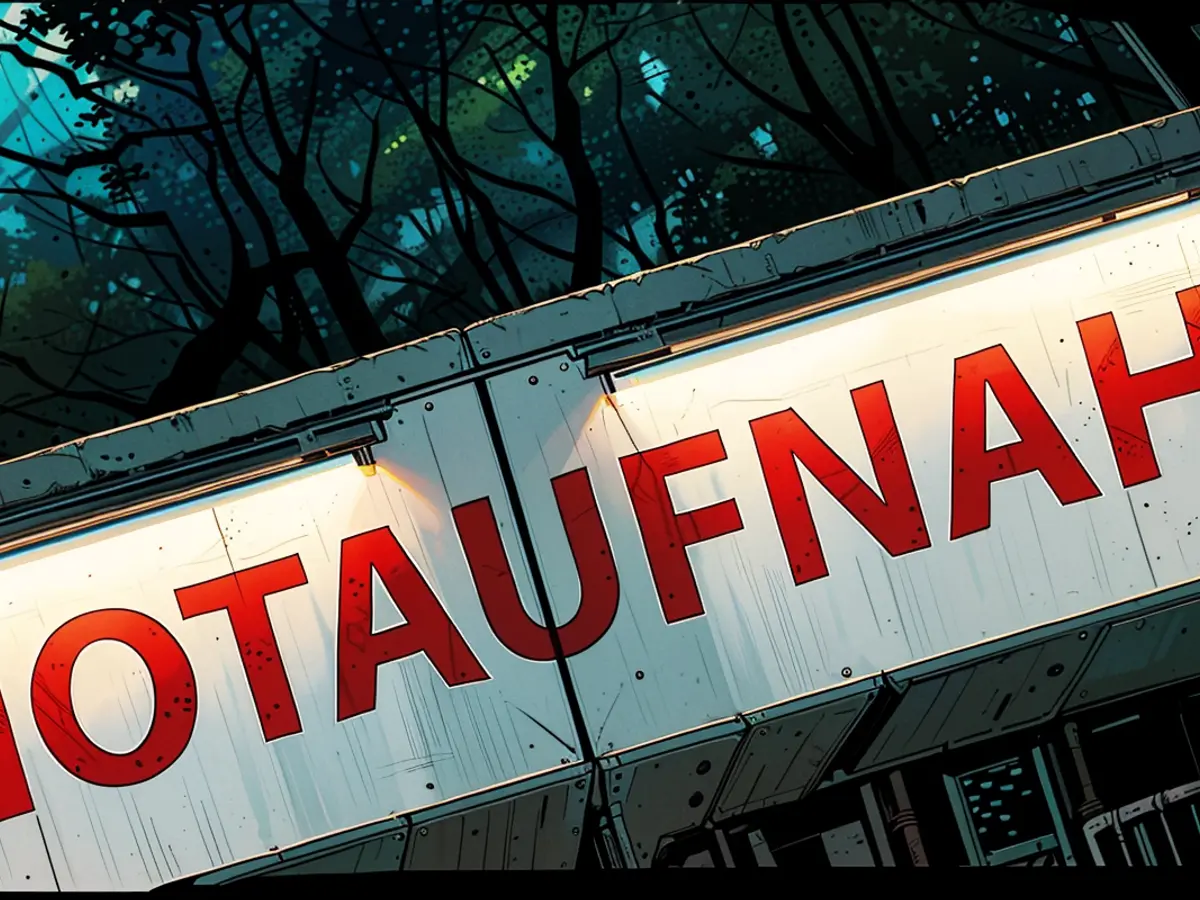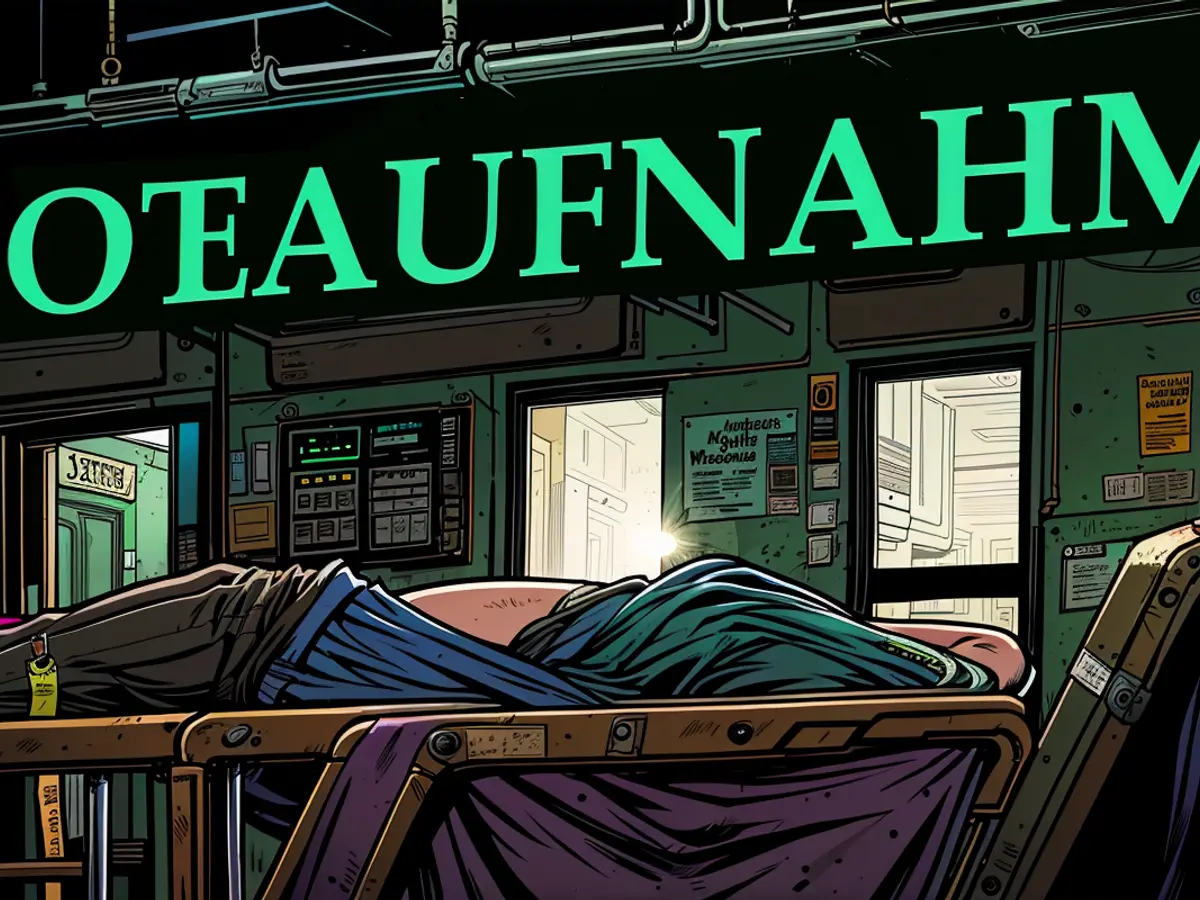Meeting of Bishops' Leaders - Bavaria commemorates the centenary of the Concordat.
Markus Söder, the Minister President of Bavaria's CSU, and Reinhard Marx, Chairperson of the Freisinger Bishops' Conference and the Archbishop of Munich, are set to commemorate the 100th anniversary of the Bavarian Concordat on Tuesday at 4:00 pm. This event was initially slated for March 29th but was postponed to take place at the Catholic Academy in Munich. The Apostolic Nuncio to the Federal Republic of Germany, Archbishop Nikola Eterović, will offer a message.
The Concordat maps out the relationship between the Bavarian government and the Catholic Church and has been in effect since its inception. It stipulates that Bavaria has the right to approve or reject the selection of Catholic bishops in the state, dictates the filling of theological professorships at institutions of higher learning, and permits Catholic religious teachers to be employed in public schools as long as the church does not object.
The compensation paid to the Catholic Church and the Evangelical Church from the state coffers are also governed by the Concordat. In 2021, Bavaria granted 77 million euros to the Catholic Church and 26 million euros to the Evangelical Church. Additionally, 27 million euros were earmarked for church building projects. On a national scale, these state benefits for the two major Christian denominations total approximately 550 million euros annually.
The Catholic and Evangelical Churches receive these state allowances in lieu of the expropriation of German churches and monasteries during the secularization process in the early 19th century. As a result, all federal states except Hamburg and Bremen contribute to the coffers of these religious communities. Therefore, those who are not affiliated with these faiths also subsidize them through these state benefits. There is an ongoing discussion at the federal level regarding the potential abolition of state benefits with a 1 billion euro payment to the churches.
Legal Text: Concordat







